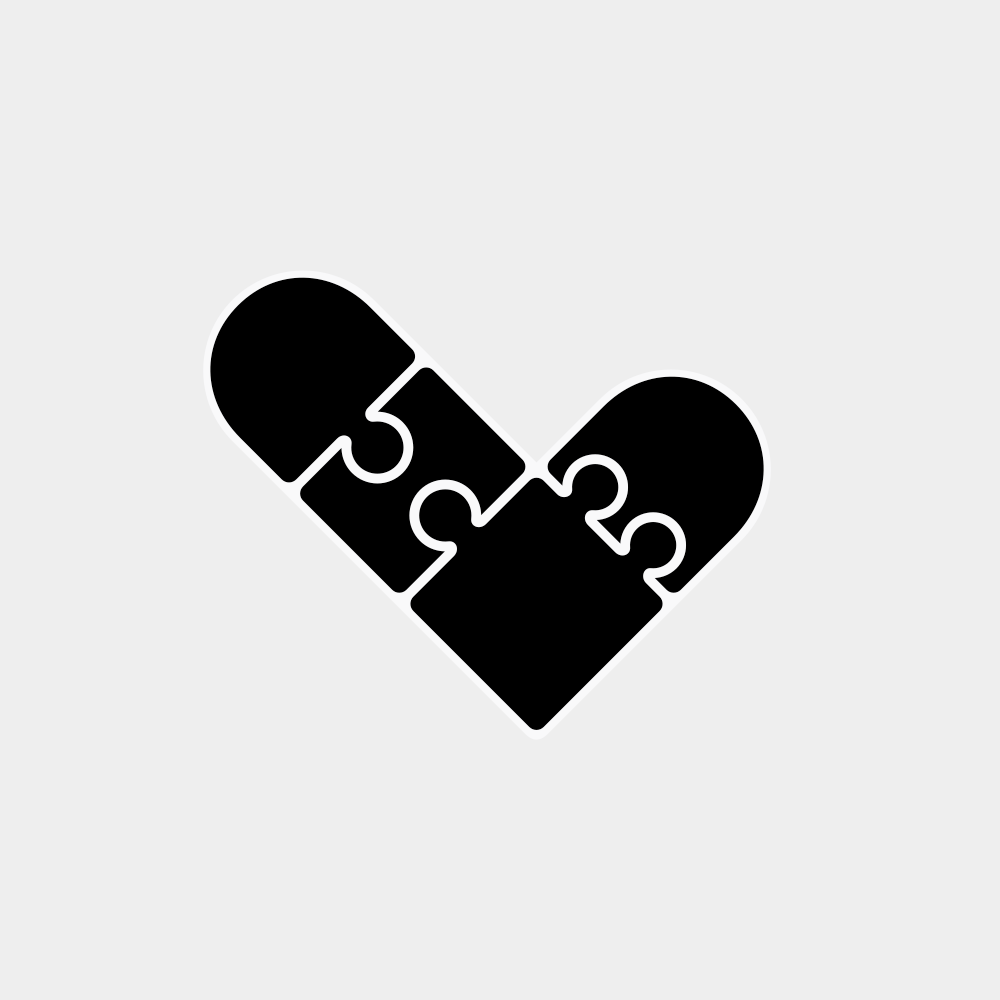Teaching languages to friends
How I used Kommit collaboratively to exchange languages with friends.
I started working on Kommit in March 2020, and now that it's March 2021 I find myself reflecting on what has happened in the past year.
The app was conceived as a way to study languages orally rather than visually, hearing words and phrases rather than 'looking at them' on a screen, because to me this more closely represents what happens while speaking. Unlike many previous projects, I didn't stop at personal utility — I also imagined using it to share my accumulated language experience with others. At the same time, I was in Brazil when COVID-19 was starting to have global impacts and taking away my primary income source, so I had an idea to help Brazilians learn English because there is demand. My proposition was as follows:
- one-on-one informal exchanges rather than formal lessons
- create flashcards with words and phrases from conversations, curiosity, and mistakes
- I do the work of writing so that the student can relax and focus on the dialogue
- the only 'homework' is spending a few minutes each day playing the app's memory game while recalling and pronouncing out loud
- we collaborate if the student is comfortable—I write in the target language on the front, they write in their native language on the back
- over time the student builds vocabulary, speaking experience with me, mouth muscle practice repeating out loud with the app
This was way less popular than I imagined it would be. Most students faded out after a few weeks and I'm not really sure why. Maybe it was the business model (pay what you want after three weeks), maybe the app wasn't sexy (black and white, crude prototype-y interface, no gamification), maybe the moment was difficult (pandemic, zoom overload, hardship, lack of energy/space/motivation). In any case, I regret nothing and gained a lot of valuable experience through this endeavour. In total I worked with about 20 people over a period of a few months.
More interesting was what happened when I tried it for fun with some friends:
- Khokha from Egypt augmented her English vocabulary by many, many words, which is significant when your main language is right-to-left with a non-latin script, and when you have only infrequent exposure to the target language. She taught me a lot of Egyptian Arabic.
- Fósforo from Brazil relentlessly challenged himself to learn new words and work on English pronunciation. We had many long and hilarious conversations with lots of jokes and laughing. He helped me with learning Portuguese.
- Marie from France, who is a very analog person and skeptical of technology, gave it a try in English but exclusively to learn "strange words". I augmented my esoteric vocabulary in French.
- Miguel from Mexico, who didn't speak much French, was able to converse within a few months. He made extra effort to look at song lyrics, write in a notebook, ask questions, try to speak without fear of mistakes.
What they all have in common is that I told them from the start they would not need to pay for it, and that I would do it as fellowship, not as commerce. I'm very proud of their progress—our progress—and it warms my heart to know that we worked together to create these new possibilities. There is a lot of richness in these exchanges: we can both learn and teach and share and improve simultaneously, and this is beautifully, sublimely human.
